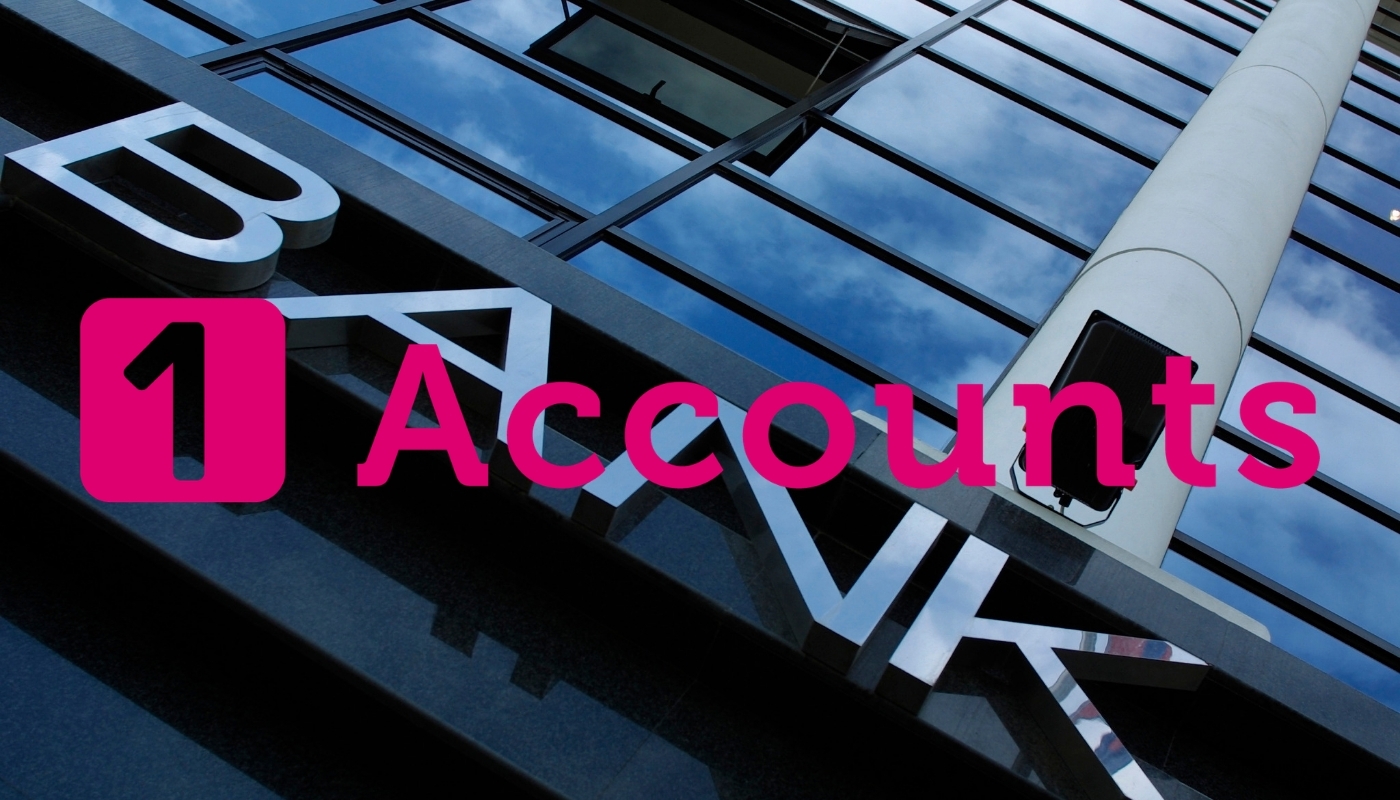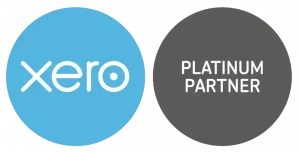Is the Jaguar i-pace a good company car?
Here at 1 Accounts in Haverhill and Cambridge we are often asked can I buy a car within the company? The answer is of course yes. However when benefit in kind tax and class 1A National Insurance is explained our clients most likely either buy the car privately or buy a Van.
Things may be about to change with Electric Cars. One of our clients has just purchased a Jaguar i-Pace and Paul Donno our Director also has his eye on one for next year, although his wife Jenni still needs a little convincing!
There are of course other Electric cars on the market and the bigger luxury brands will be competing hard to get the company car market, with Audi and BMW starting to offer full electric.
Our Favourite
The i-pace is our favourite at the moment and it is 2019 World Car of the year. Take a look
Our Calculations
We are expecting a high increase in electric vehicles next year due to the new benefit in kind rates which are very attractive.
Our calculations are based on the advertised basic price of £64,495.
The rate for the tax year 6 April 2019 to 2020 is 16% and this is a Benefit in kind of £10,319. If you are a basic rate taxpayer the tax payable is £2,064 and higher rate tax payer (40%) £4,128. Your company will also pay 13.8% in Class 1A National Insurance of £8,900.
However the Benefit in Kind Charge for the tax year 6 April 2020 to 5 April 2021 is just 2% and this is a benefit in kind charge of £1,290. The tax charge is £258 Basic rate and £516 Higher Rate with a class 1A payment of £178.
As you can see the saving is a huge £12,334 which includes the Class1A NI.
It is also worth considering the Work Place Charging Scheme allowing you to provide charging points for your workforce. Click here to find out more.
Capital Allowance
The other real benefit is Capital Allowance. Electric cars qualify for First Year allowances which means that the entire purchase price is allowable against Corporation Tax. If you buy the vehicle after 1 April 2020 this rate is 17%. Based on the Jaguar i-pace that is a Corporation Tax saving of £2,193. Click here to read more.
Our Recommendation
We recommend the electric car for your company vehicle from 6 April 2020, make sure that if fits your personal and business needs. We would expect demand on the popular models to be high and waiting lists long therefore you may want to start looking very soon.
Be careful of any caveat relating to Brexit as we understand that some manufacturers are asking you to sign to accept an increase in duty especially if we have no deal.
We expect to see many electric cars around Haverhill next year. Paul is hopeful on persuading Jenni to have one (on the company of course).














